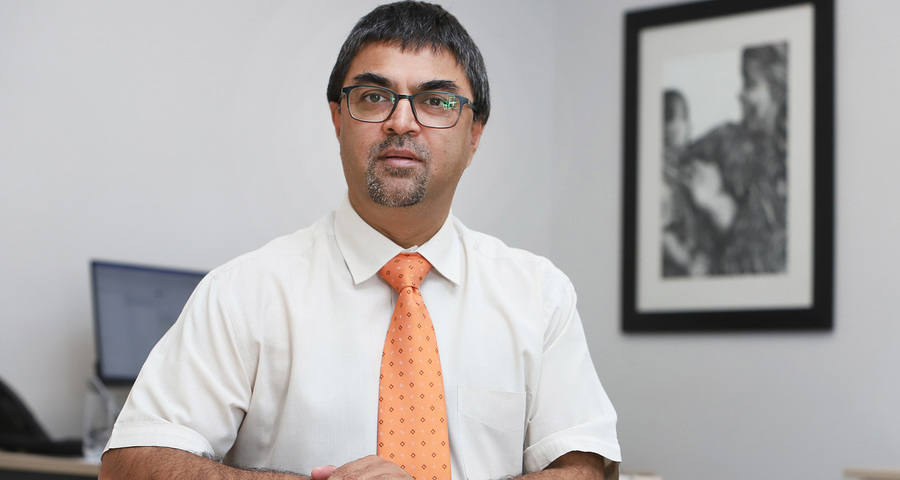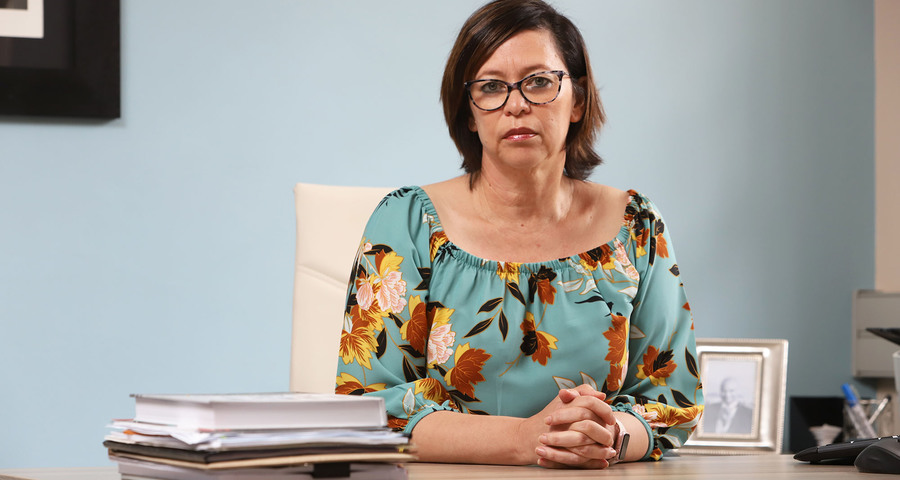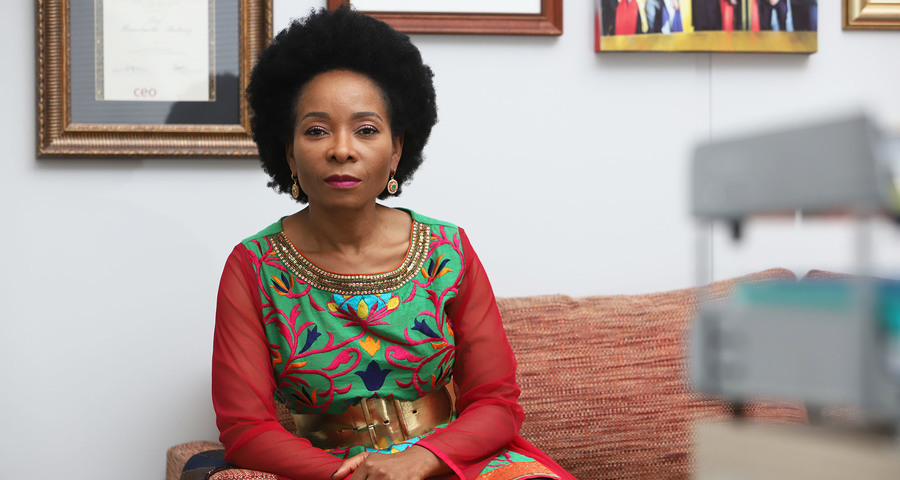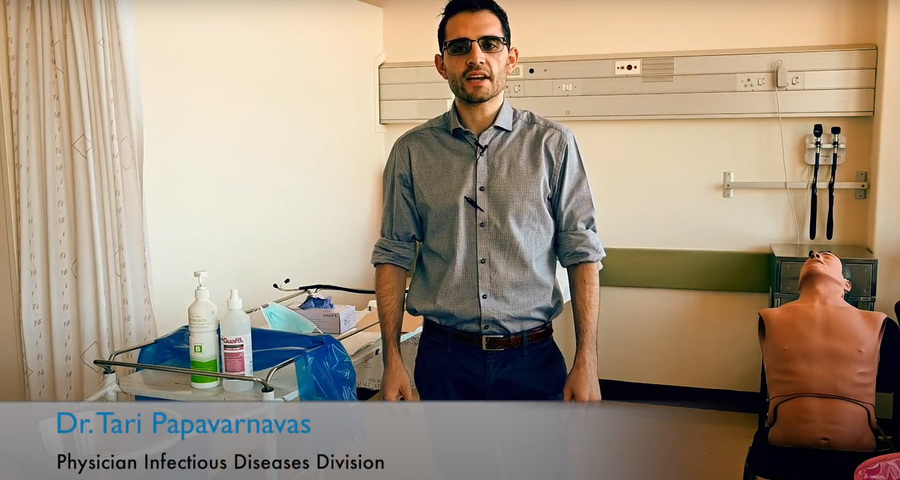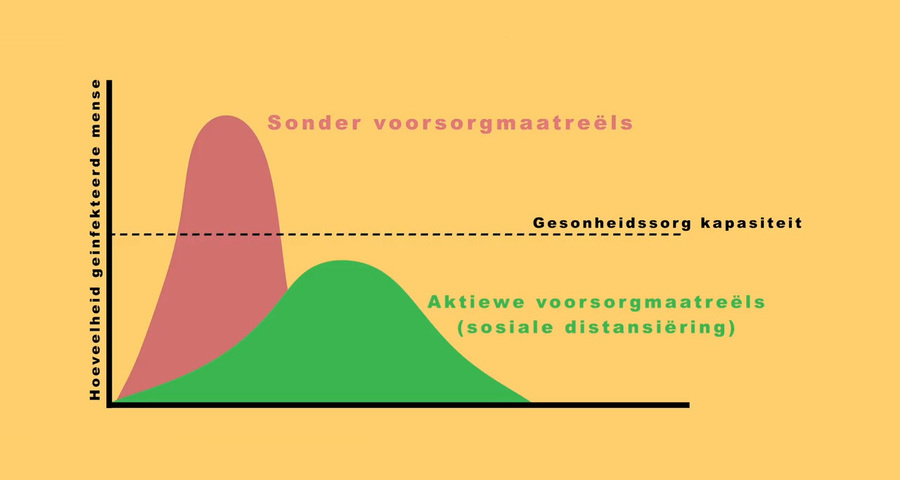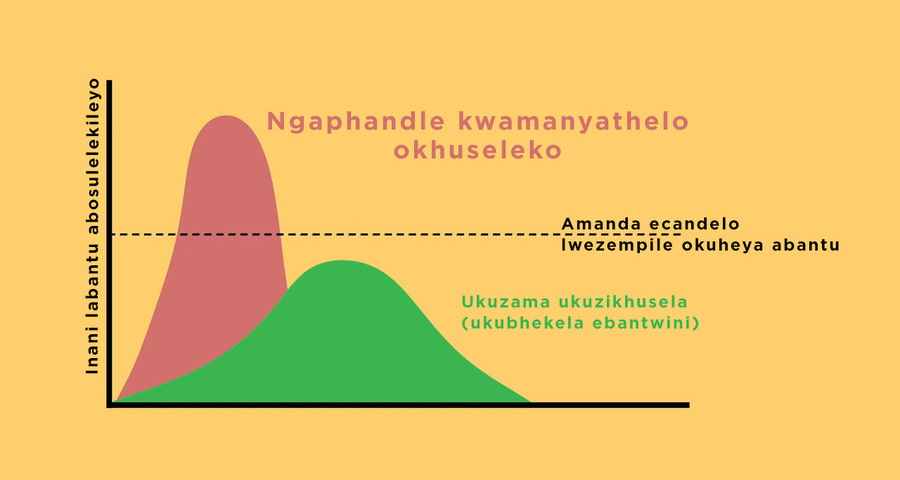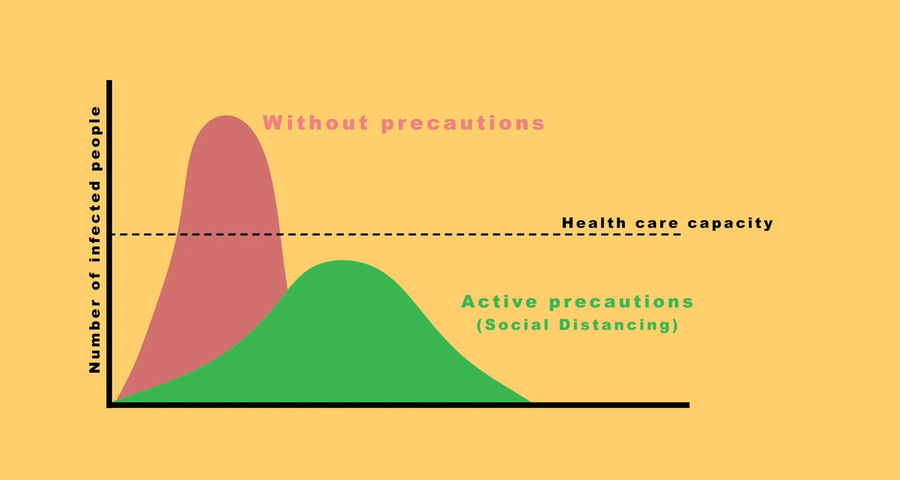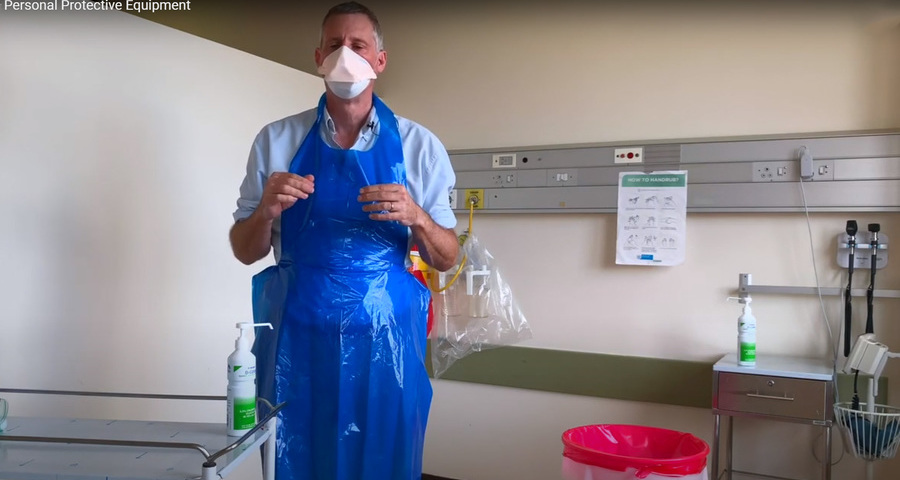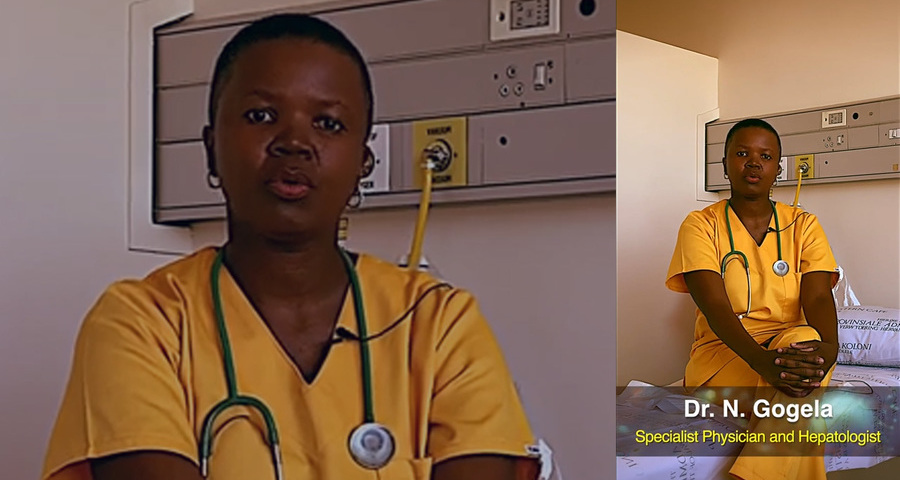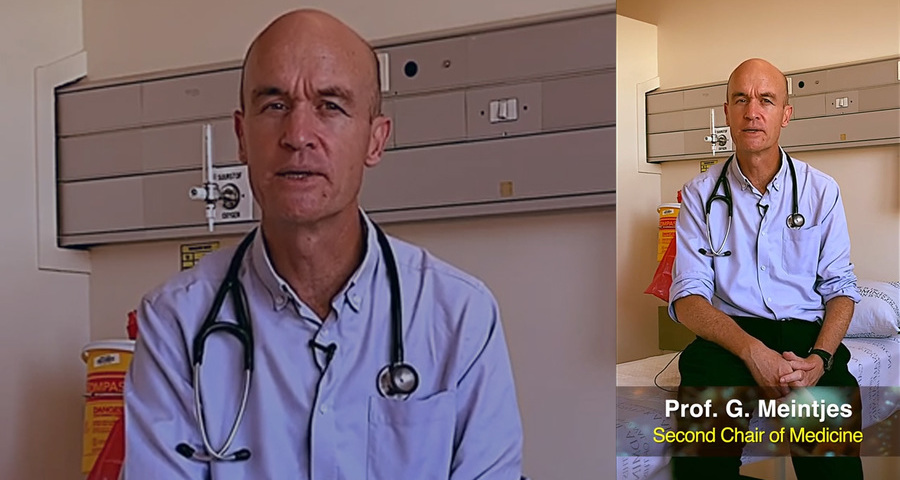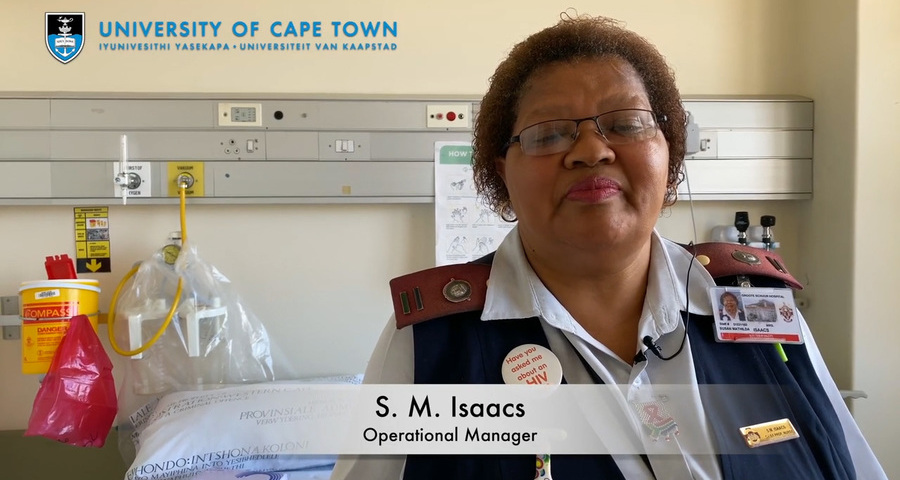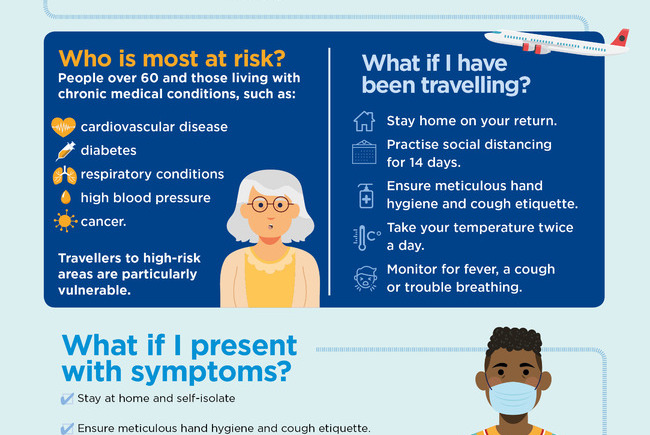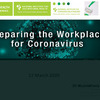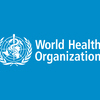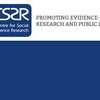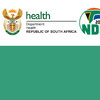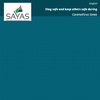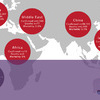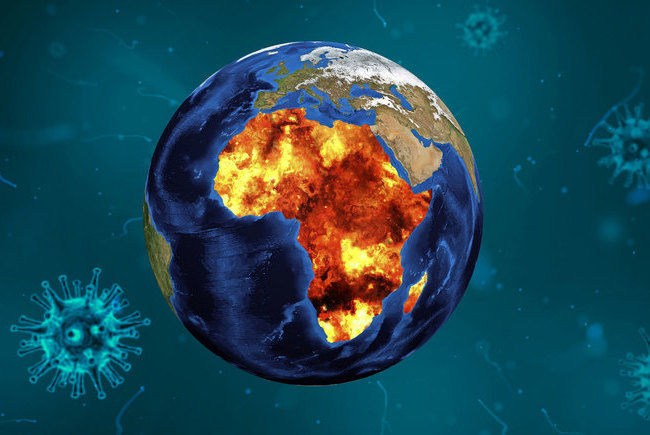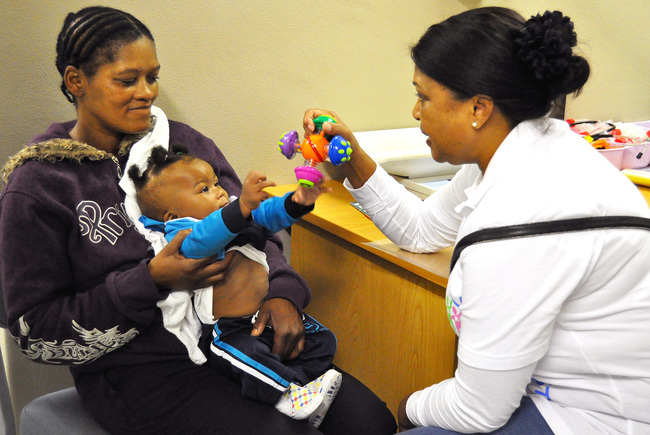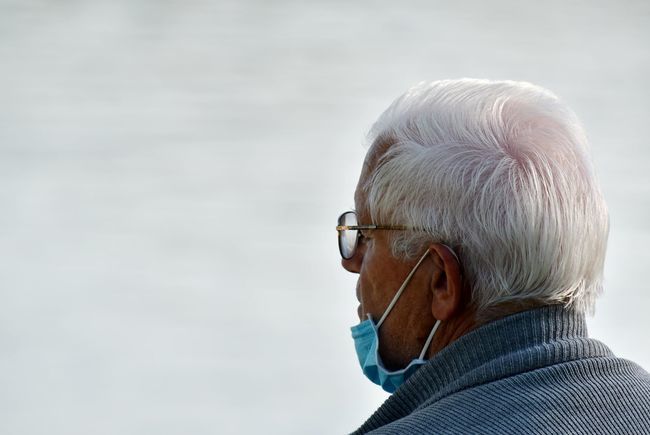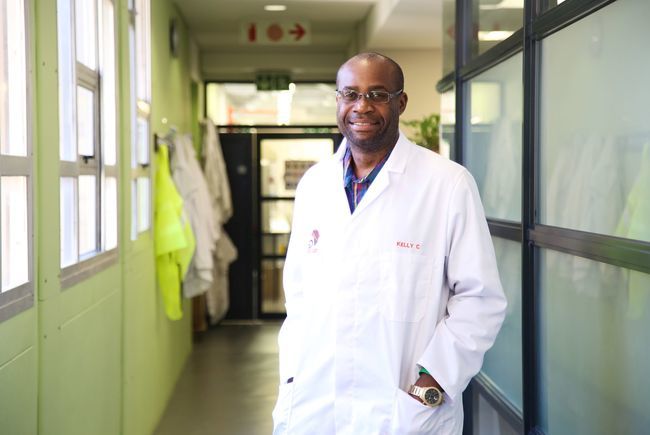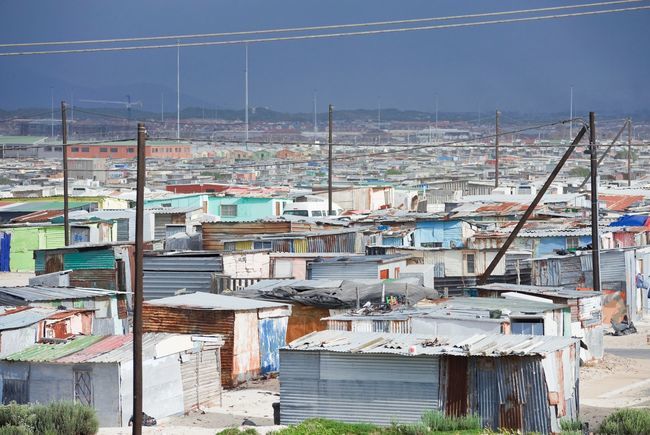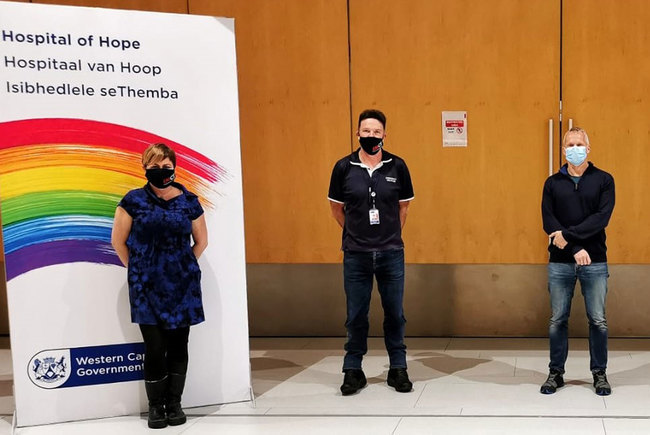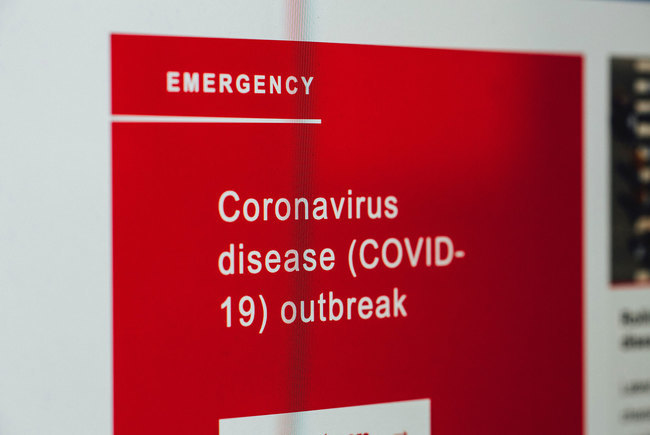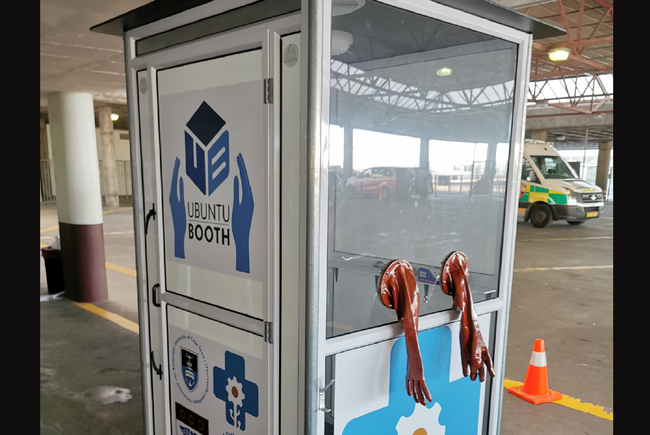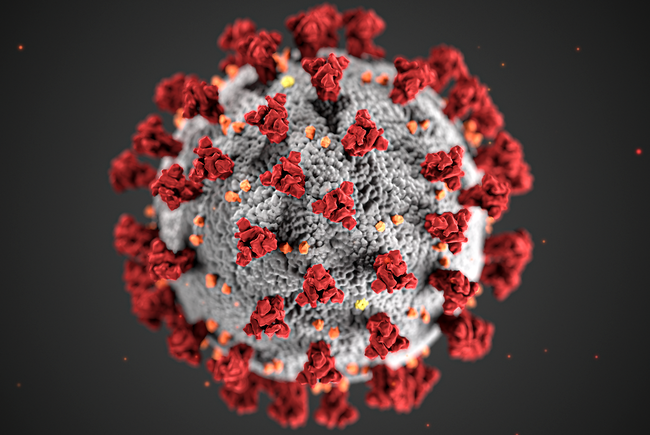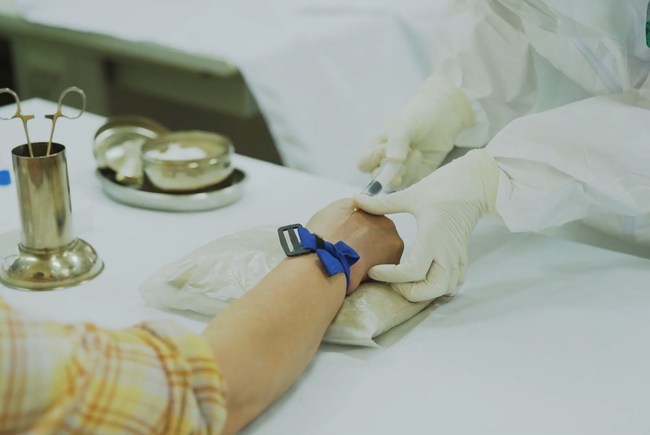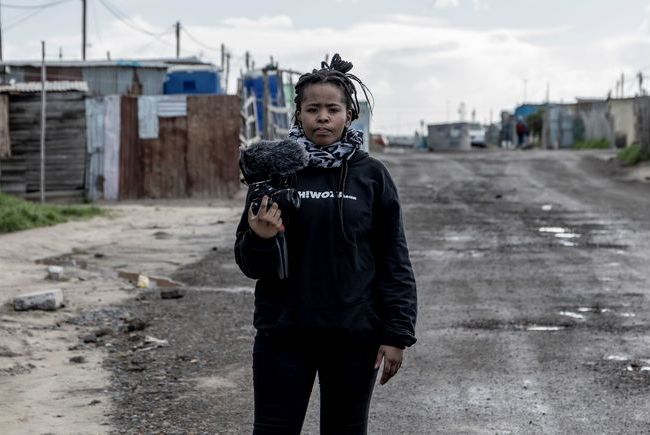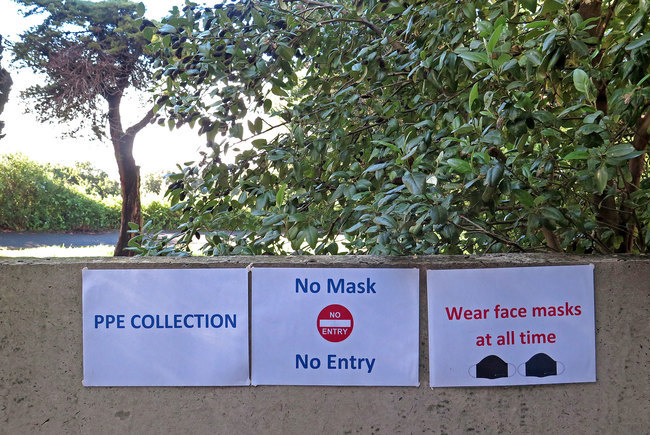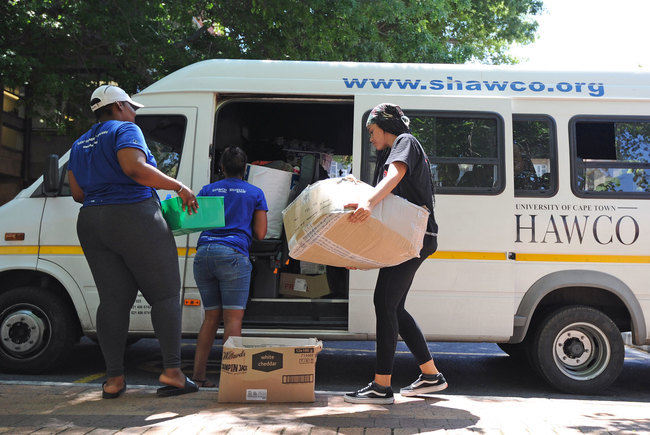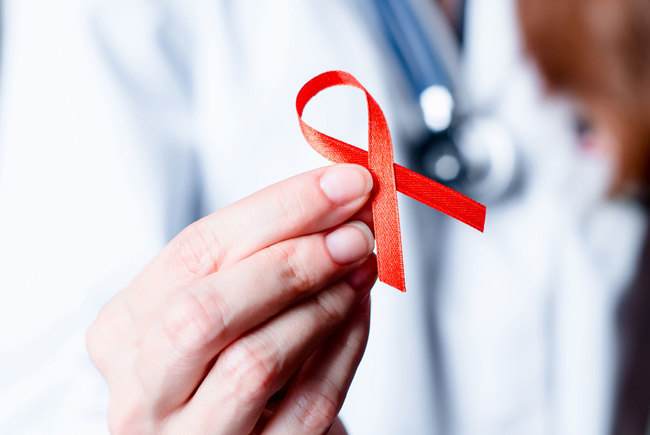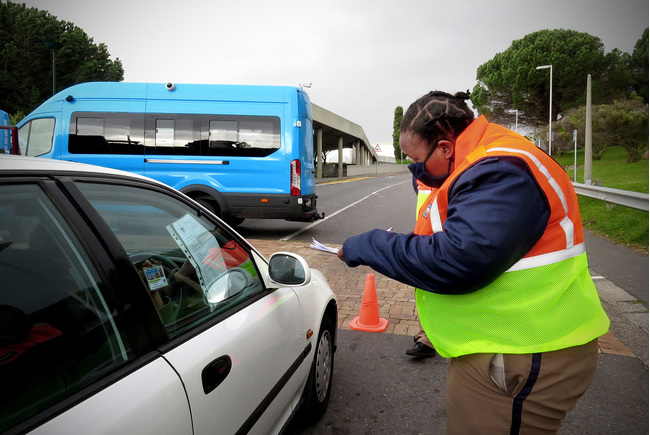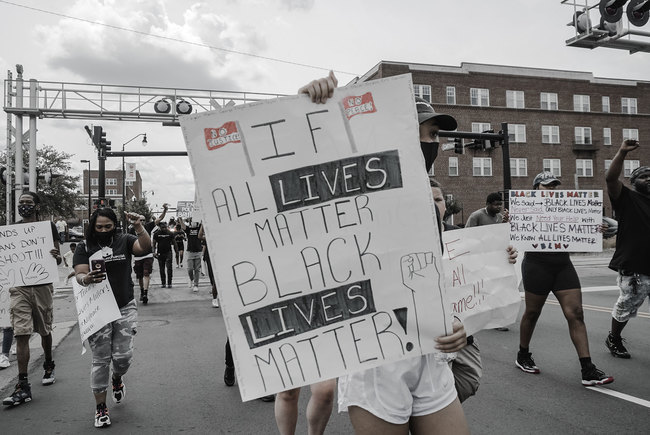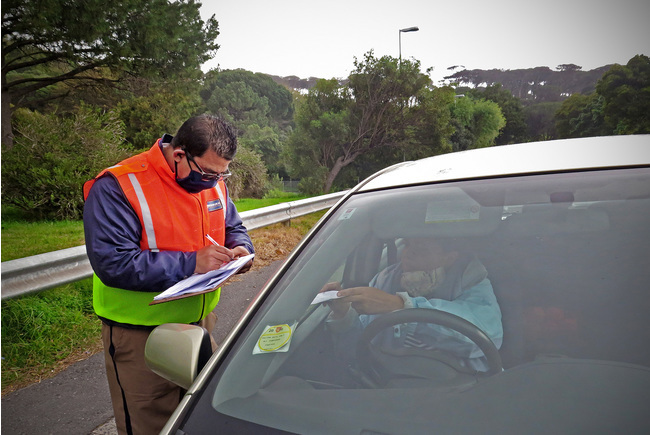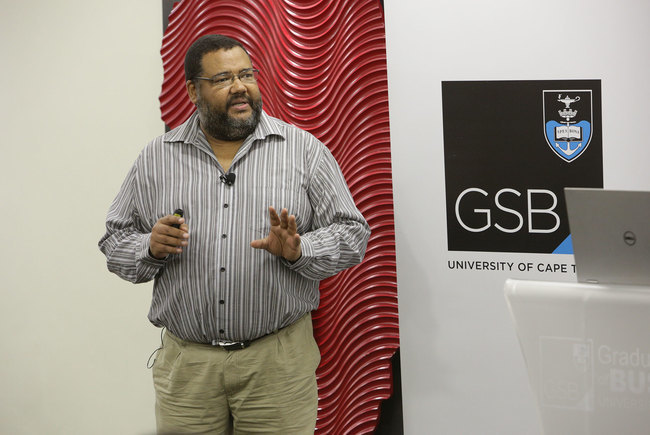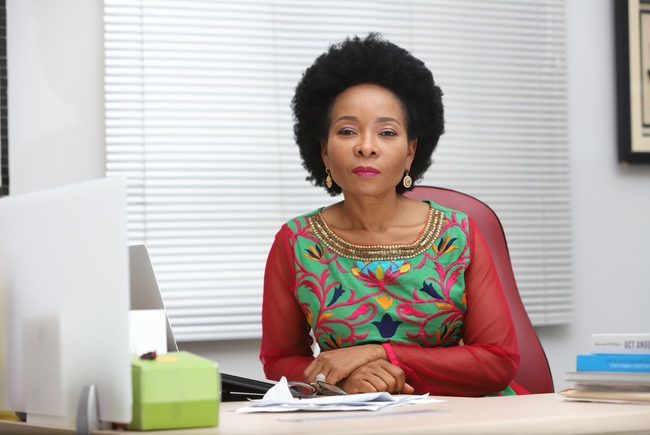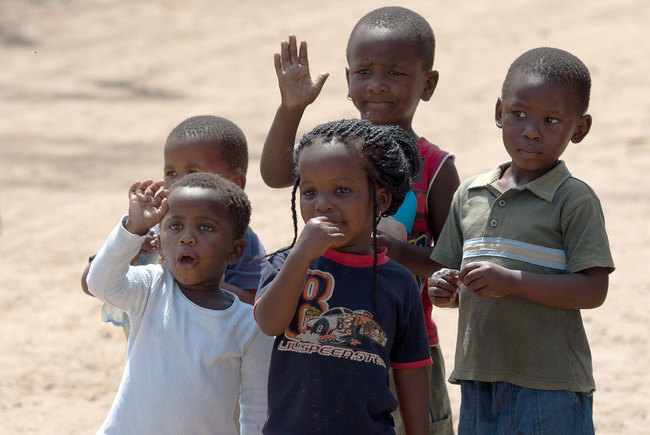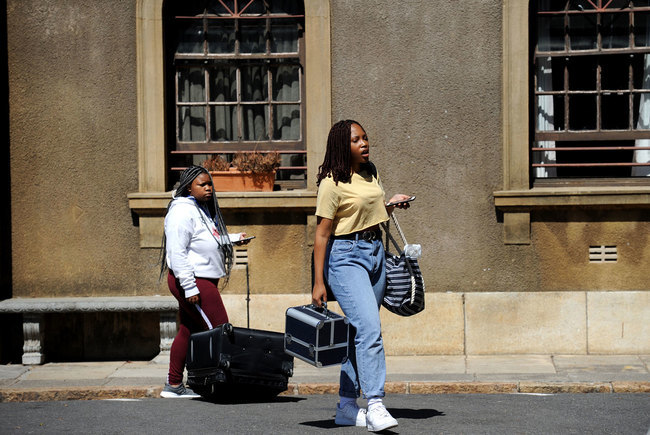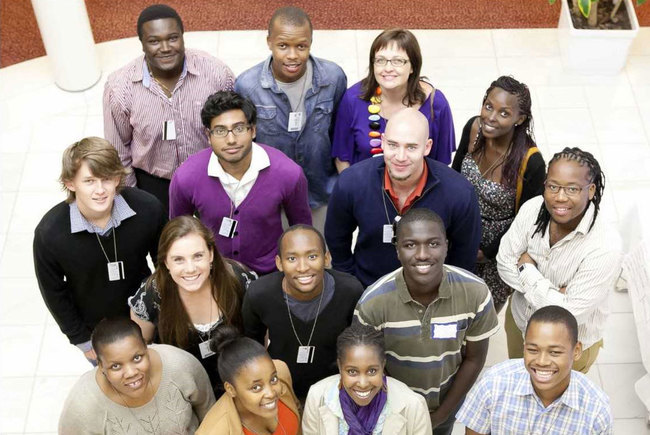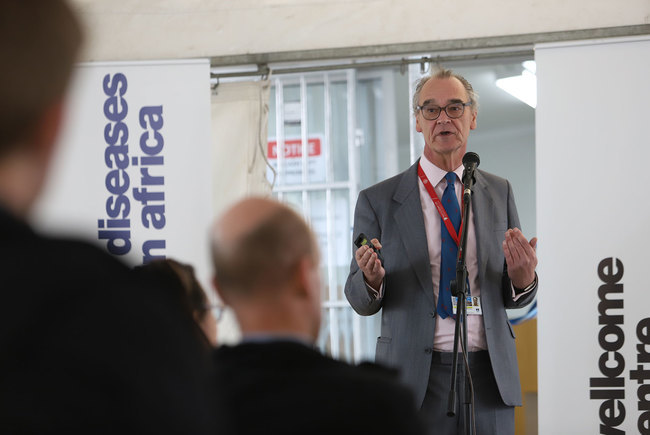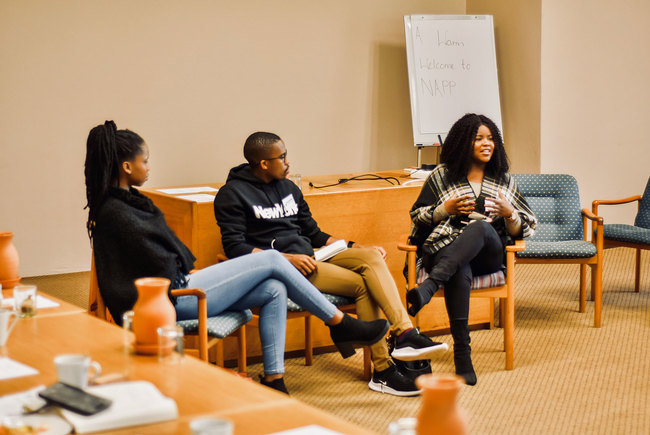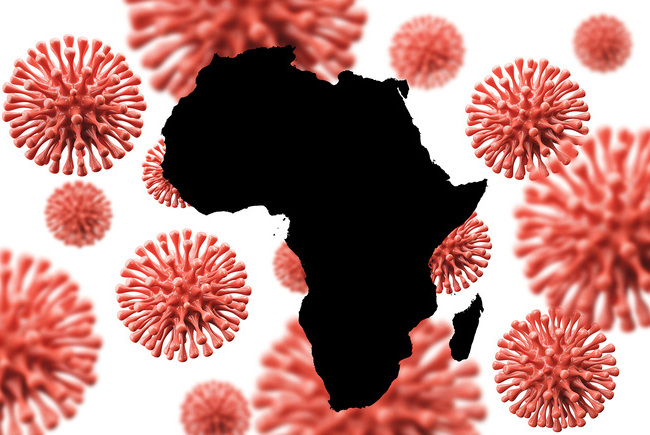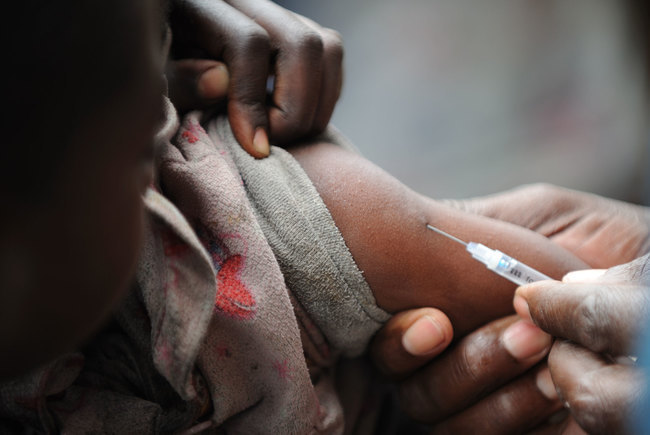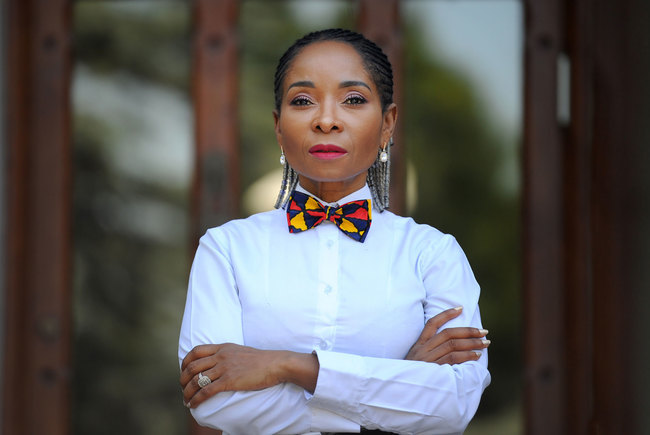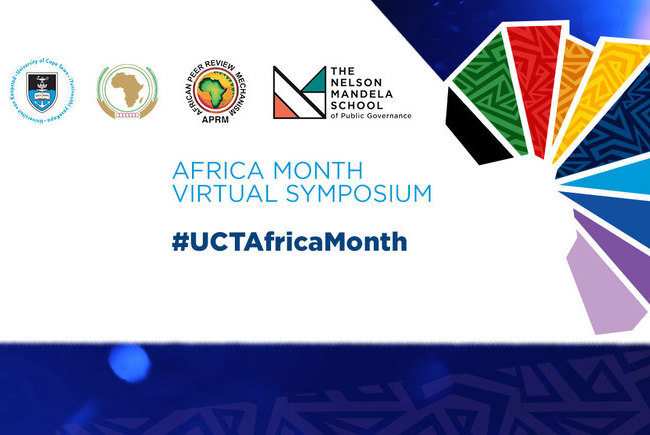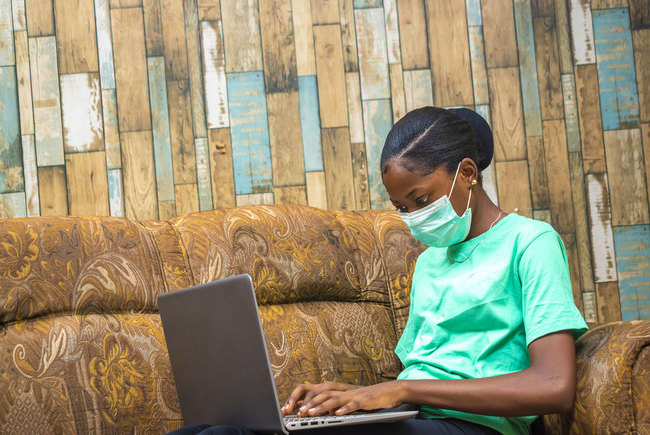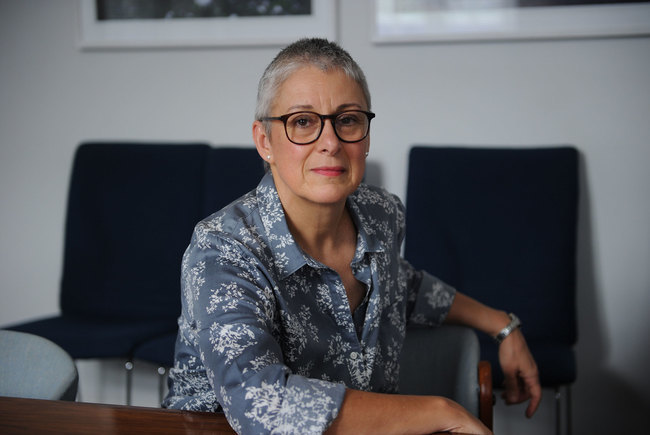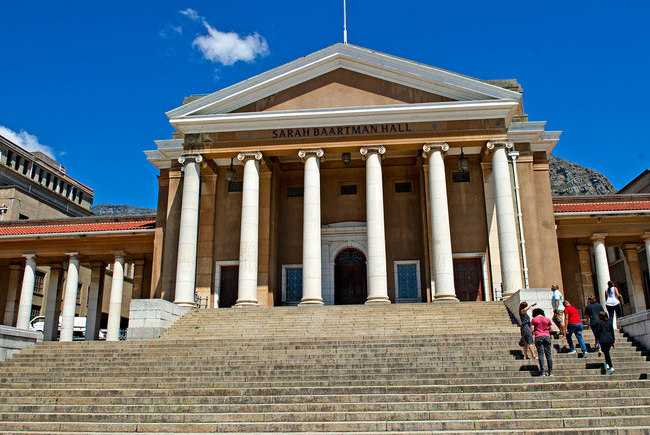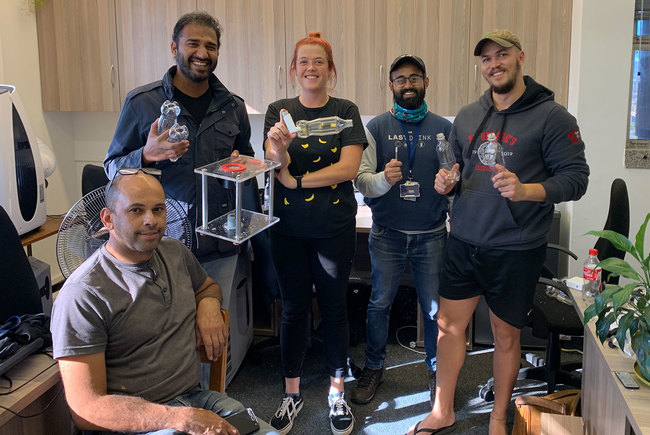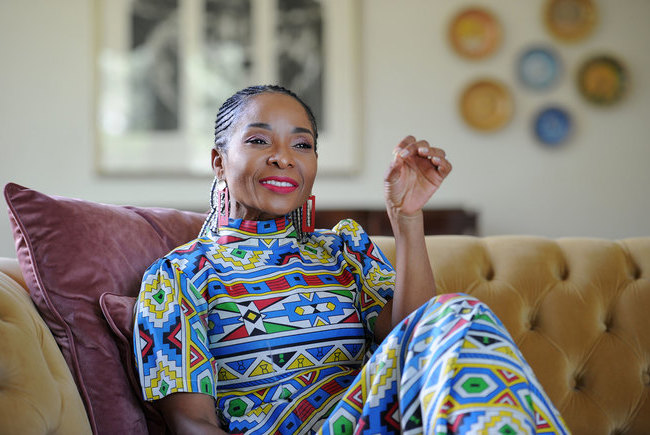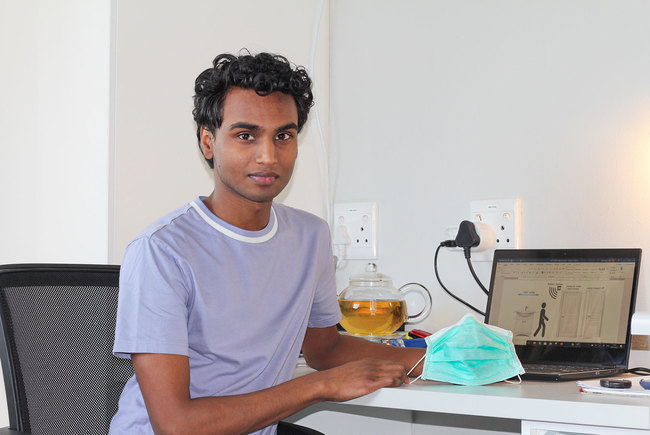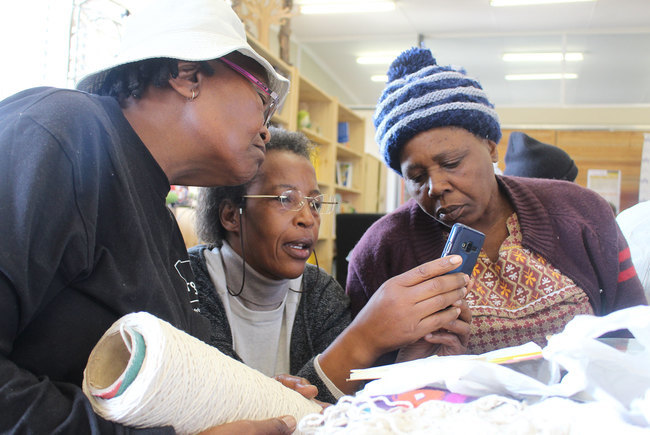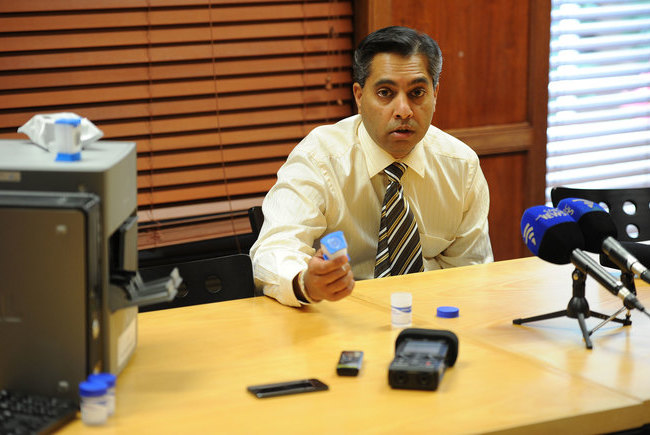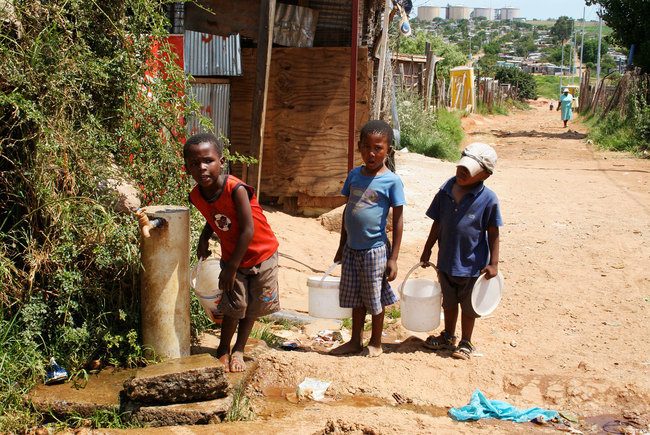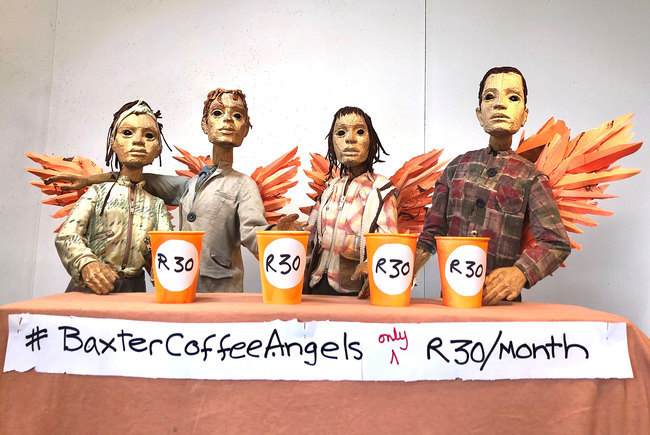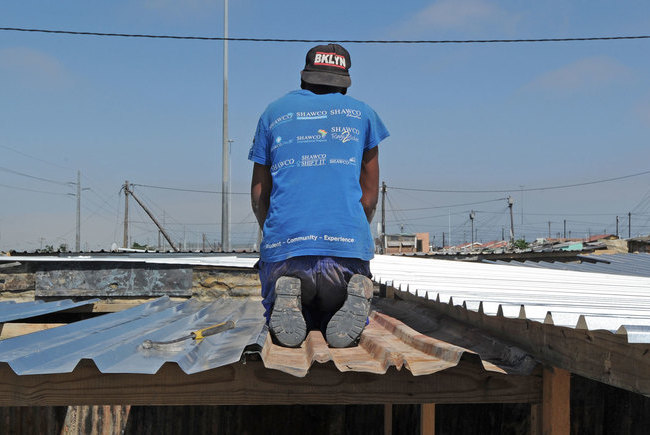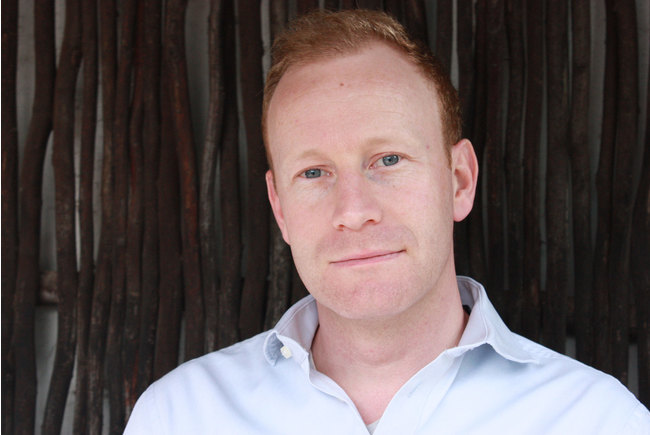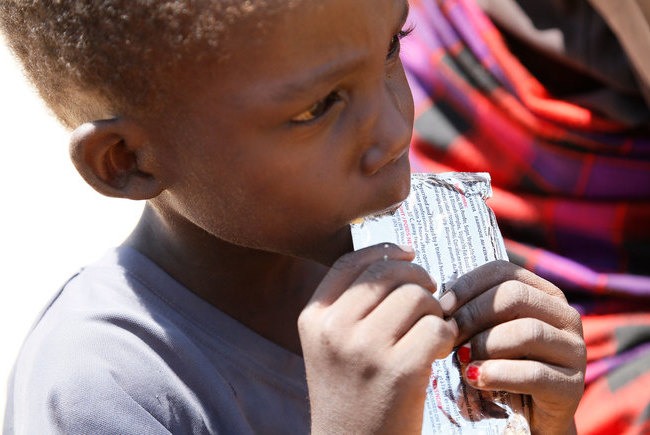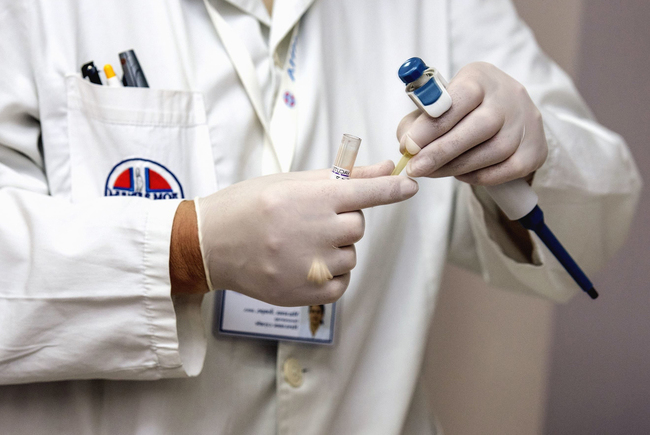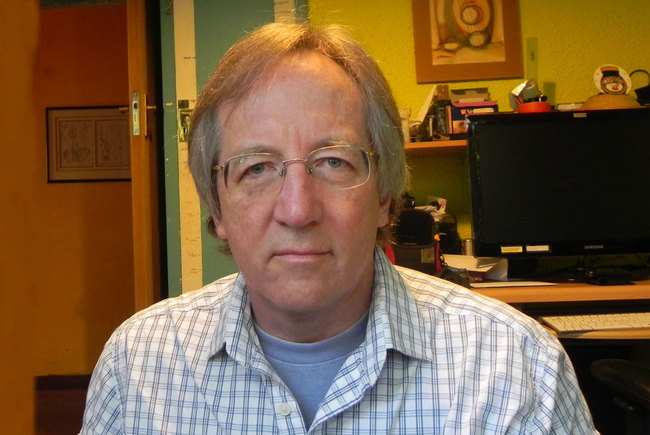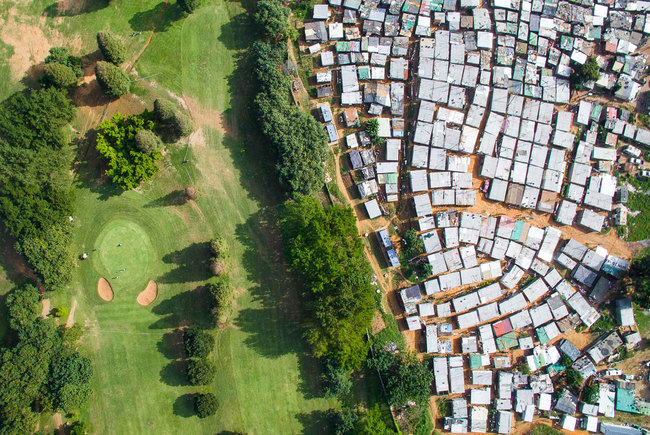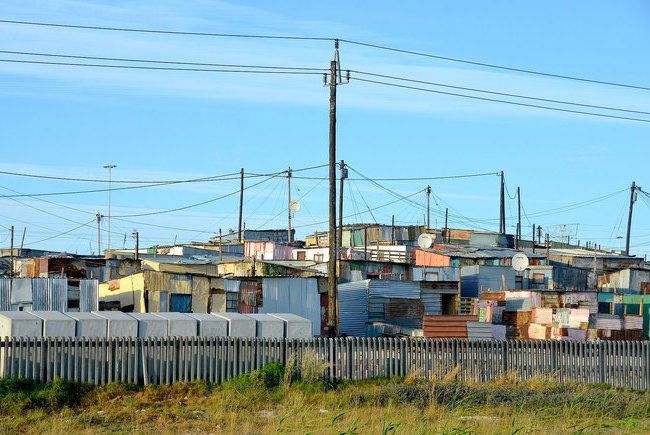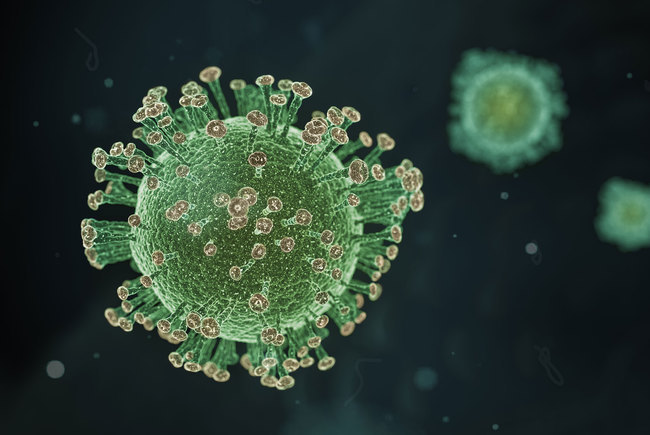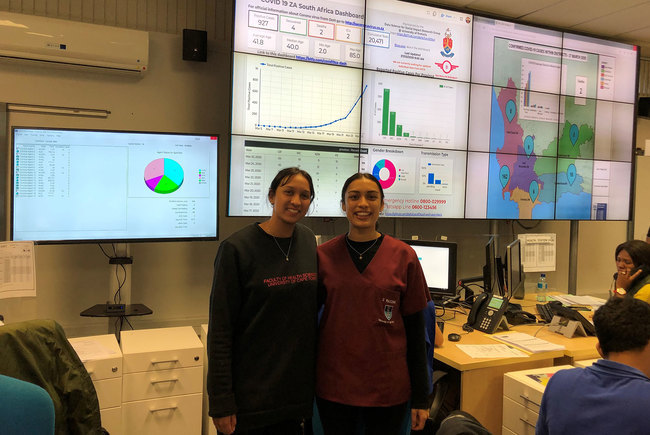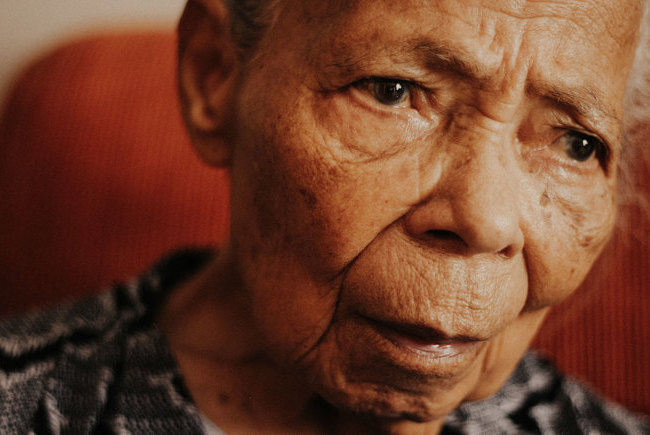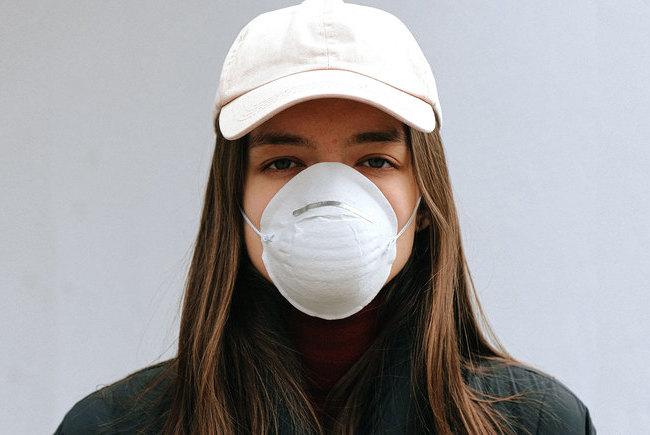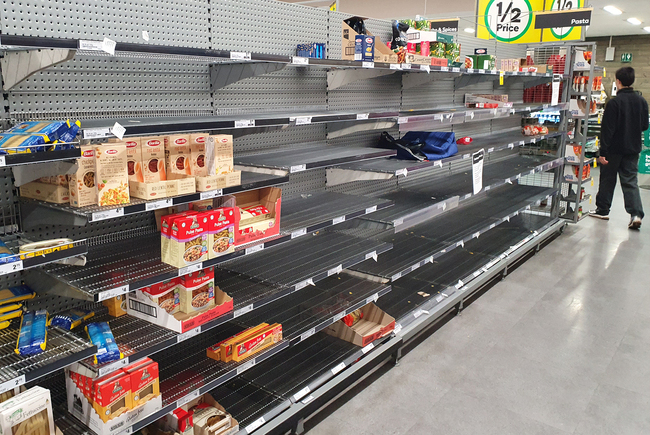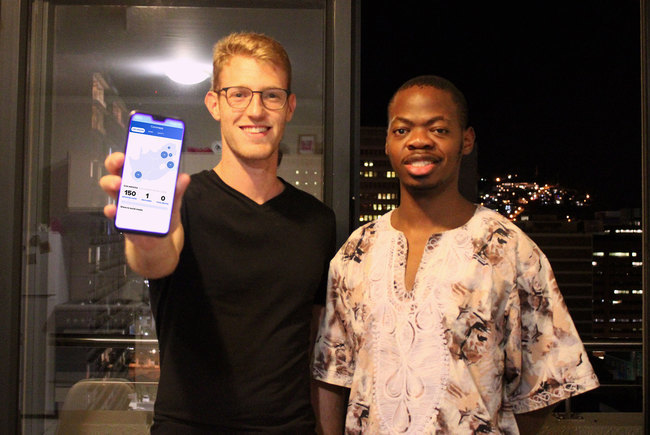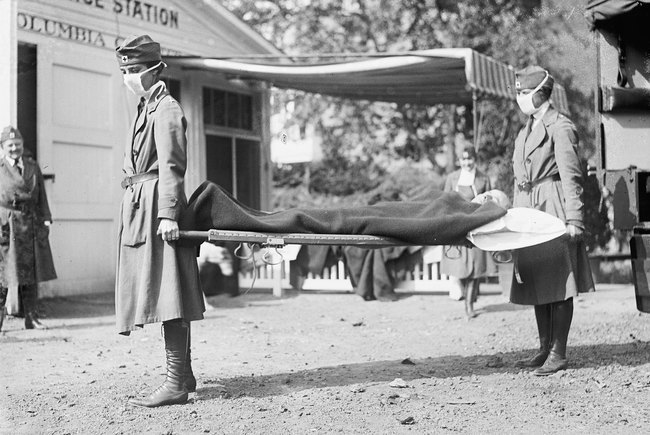Don’t ignore anti-establishment flag
18 June 2020 | Story Helen Swingler. Photo Flickr. Voice Sarin Drew. Read time 10 min.
Futurists can’t tell the future, but they do flag trends that governments and regimes ignore at their peril. And the flag flying high – even before COVID-19 struck – was the anti-establishment groundswell around the globe. People are fed up with rising inequality.
It takes a catastrophe like the coronavirus to shake up the established order, and in South Africa’s case, everything points to building a new economic model. It’s an opportunity we cannot ignore any longer, said scenario planner Clem Sunter.
Co-author of The Mind of a Fox, Sunter was speaking in the third of the “Unlocking COVID-19: Current Realities, Future Opportunities?” conversation series, hosted by the University of Cape Town’s (UCT) Summer School.
Sharing the platform was Professor Eddy Maloka, adjunct professor at the University of the Witwatersrand and chief executive of the African Peer Review Mechanism (APRM), and moderator and futurist Abbas Jamie.
Jamie asked at the start: “People are talking about a post-COVID-19 shared destiny. How do South Africans use this crisis? Can we come together and co-create a better future for our country and continent?”
The question brought Sunter straight to inequity, citing French economist Thomas Piketty’s book Capital in the Twenty-First Century, the gist of which is wealth and income inequality, an imbalance that’s been growing in Europe and the United States since the 18th century, Sunter said.
Forge new economy
“It shows that the gap between the super-rich and middle class and the poor has widened to the point we were at the beginning of the last century between 1910 [and] 1914. It’s created huge anger around the world and we’re seeing it [in the aftermath] of the dreadful murder of George Floyd and the rising Black Lives Matter protests across the world. There’s a real popular push-back against authority of all kinds.”
South Africa had handled the epidemic “extremely well” he said, with strong partnerships between government and the private sector. But the country couldn’t allow this energy and focus to dissipate once the pandemic subsided.
“I want to see an energetic, bottom-up revolution of thinking about how we can create a much more inclusive economy.”
It must be harnessed to forge a new economy.
“The high-road scenario in the 1990s was the political crossroads and CODESA [Convention for a Democratic South Africa]. But there was always the economic crossroads that we had to negotiate successfully.”
That had not happened.
“Now is the time to find that inclusive new model to revive and drive the economy,” Sunter said, “an economic CODESA.”
Job deficit
One flag that had been flying high for more than 20 years was work and job creation.
“We’re looking at a very radical way of providing millions of jobs – not only for those who became unemployed by the pandemic, but for those who were unemployed before the pandemic,” noted Sunter. “Yes, we have the NDP [National Development Plan] and very senior committees with the president and CEOs but I want to see an energetic, bottom-up revolution of thinking about how we can create a much more inclusive economy.”
The nature of work had also completely changed, he said.
“In the last century 600 000 people were employed on the country’s gold mines. We’re never going to see those figures again. The only way you’re going to create millions of jobs is to create millions of new businesses.
“The only way you’re going to create millions of jobs is to create millions of new businesses.”
“And so we have to go back to how we can create an entrepreneurial spark in this country; how we can bring township economies into the mainstream economy; how we can create this bottom-up revolution in the major metropolitan areas of Joburg, Cape Town and Durban and the rural areas where people are trading with one another.”
Sunter cited the Japanese model with its close relationship between big and small businesses.
“I’d want at least 20% of every supply chain, every large business, to be dedicated to creating a new generation of entrepreneurs and small businesses. Other African countries such as Nigeria are pursuing this model.”
This needed fundamental conversations at grassroots level, as well as provincial and government levels to provide the financial and support mechanism that would support a new economic model.
None so deaf
Jamie asked why governments had not seen the pandemic coming, given the warning of futurists like Sunter who’d raised the pandemic flag – and the likelihood of an epidemic spreading quickly, facilitated by global travel and huge metro cities.
It was a case of skewed priorities, Sunter said.
“In the US no one took any notice; they spent more on defence than public health. We saw the chaos in New York with people scrambling for PPE [personal protective equipment] and respirators. Experts had offered these scenarios. No one listened. It was an inconvenient truth; something I find when I’ve facilitated sessions with companies. Some CEOs are hedgehogs, with little flexibility.”
“Flags for scenarios go up and down. We assign a probability to each scenario and that changes on a daily and monthly basis. That is the way to handle the future. But it’s difficult to get this across to leaders who are stuck on a single vision,” Sunter added.
Futures approach for Africa
As chief executive of the APRM, Maloka is dealing with these issues at a continental level. The organisation deploys teams to countries to monitor and review their governance. He said the APRM would adopt a futures approach to reporting and embed a futures methodology in the way they conduct their work. Their second governance report would take a futures approach.
Adopting a futures scenario for Africa post-COVID-19 would put the continent on a different trajectory, he said.
Although not futurist, Maloka is interested in how uncertainty shapes history.
“I also asked myself, why didn’t we see this [pandemic]? Even when it was unfolding in China, we had an AU [African Union] summit, and nobody spoke about it.
“You just need a trigger that leads to the explosion of these social forces – and we see that happening.”
“The issue for me is the social dimension and how epoch-making events shape and remap the world societies, which can lead to the emergence of new politics, new social forces and the transformation of existing ones. And that was before Black Lives Matter.”
At this “epoch-making moment”, Maloka said he realised that “you don’t need something to fall from the sky; you just need a trigger that leads to the explosion of these social forces – and we see that happening”.
The bigger question concerns re-establishing consensus at a global level after it had been shattered by the virus.
“In the US people are in the streets. In South Africa, people are at home. But they are angry, they have no money, no food … The question for the government after this pandemic is: What are we going to say to or do for the taxi driver who lost his job or the hairdresser who lost her business? How do you establish consensus at a national level?”
Maloka said that the “little consensus” achieved after the Cold War had created a stronger drive towards multilateralism. There had been talk about reforms at the United Nations (UN) and the expansion of the Security Council.
“All these issues are now off the table. Even the leadership of the WHO [World Health Organization] have come under attack. We really need to re-establish consensus at an international level. From a policy point of view, we must lead society with basic social contracts to keep people together.
In South Africa this consensus could be built on collective solidarity and sacrifice to ensure future generations could survive and thrive; cultural or social cohesion and a sense of a shared future.
Where did that come from?
Perhaps the biggest challenge is reviewing and integrating the public health and disaster streams at national and continental levels, he said. Leaders had missed a crucial fact: the continent’s disaster profile has infectious disease second on its list of threats.
“But infectious disease is our number two challenge.”
“We have two streams at a country and continent level: the public health track, which deals with Ebola, HIV or AIDS, TB … Then you have something that emanates from the UN: the disaster risk reduction track to deal with floods and droughts. But infectious disease is our number two challenge.”
The South African government had also erred by responding to COVID-19 using the National Disaster Act framework and not international and national public health legislation.
“We were waiting for a flood or drought; we were not waiting for infectious disease. It’s this disjuncture in the system … If you attend to your vulnerabilities, you reduce your risks.
“We must integrate these two streams of work across the continent for any kind of disaster that can confront humanity. COVID-19 has shown us why we need to be more strategic when we think about future disasters.”
 This work is licensed under a Creative Commons Attribution-NoDerivatives 4.0 International License.
This work is licensed under a Creative Commons Attribution-NoDerivatives 4.0 International License.
Please view the republishing articles page for more information.
Coronavirus Disease 2019 updates
COVID-19 is a global pandemic that caused President Cyril Ramaphosa to declare a national disaster in South Africa on 15 March 2020 and to implement a national lockdown from 26 March.
UCT is taking the threat of infection in our university community extremely seriously, and this page will be updated regularly with the latest COVID-19 information. Please note that the information on this page is subject to change depending on current lockdown regulations.
Frequently asked questions
Daily updates
Campus communications
2020
Resources
Video messages from the Department of Medicine
Getting credible, evidence-based, accessible information and recommendations relating to COVID-19
The Department of Medicine at the University of Cape Town and Groote Schuur Hospital, are producing educational video material for use on digital platforms and in multiple languages. The information contained in these videos is authenticated and endorsed by the team of experts based in the Department of Medicine. Many of the recommendations are based on current best evidence and are aligned to provincial, national and international guidelines. For more information on UCT’s Department of Medicine, please visit the website.
To watch more videos like these, visit the Department of Medicine’s YouTube channel.
Useful information from UCT
External resources
News and opinions
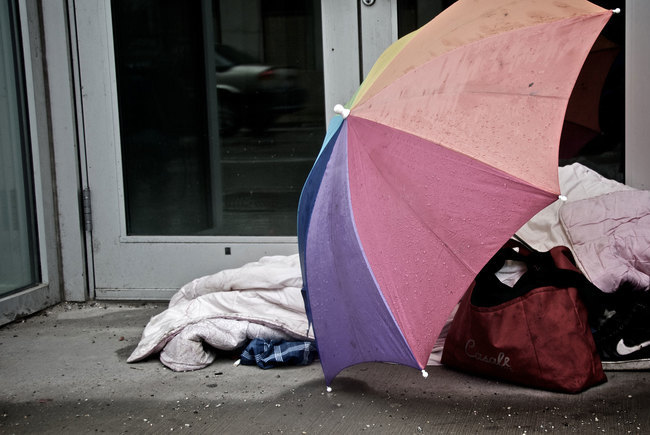
As the COVID-19 crisis drags on and evolves, civil society groups are responding to growing and diversifying needs – just when access to resources is becoming more insecure, writes UCT’s Prof Ralph Hamann.
03 Jul 2020 - 6 min read Republished
The Covid-19 crisis has reinforced the global consequences of fragmented, inadequate and inequitable healthcare systems and the damage caused by hesitant and poorly communicated responses.
24 Jun 2020 - >10 min read Opinion
Our scientists must not practise in isolation, but be encouraged to be creative and increase our knowledge of the needs of developing economies, write Professor Mamokgethi Phakeng, vice-chancellor of UCT, and Professor Thokozani Majozi from the University of the Witwatersrand.
09 Jun 2020 - 6 min read Republished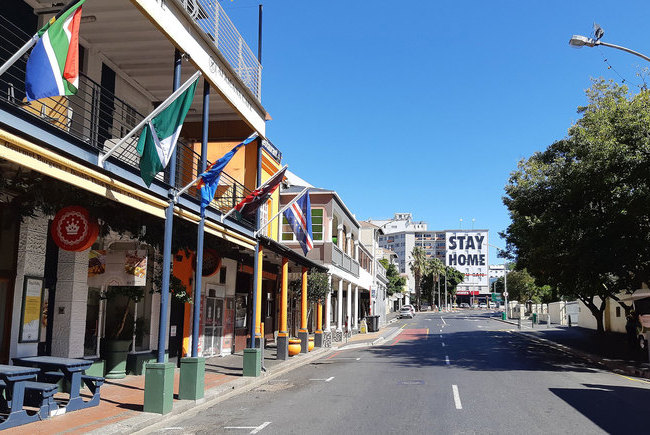
South Africa has been recognised globally for its success in flattening the curve, which came as a result of President Ramaphosa responding quickly to the crisis, writes Prof Alan Hirsch.
28 Apr 2020 - 6 min read RepublishedStatements and media releases
Media releases
Read more
Statements from Government
In an email to the UCT community, Vice-Chancellor Professor Mamokgethi Phakeng said:
“COVID-19, caused by the virus SARS-CoV-2, is a rapidly changing epidemic. [...] Information [...] will be updated as and when new information becomes available.”
We are continuing to monitor the situation and we will be updating the UCT community regularly – as and when there are further updates. If you are concerned or need more information, students can contact the Student Wellness Service on 021 650 5620 or 021 650 1271 (after hours), while staff can contact 021 650 5685.












